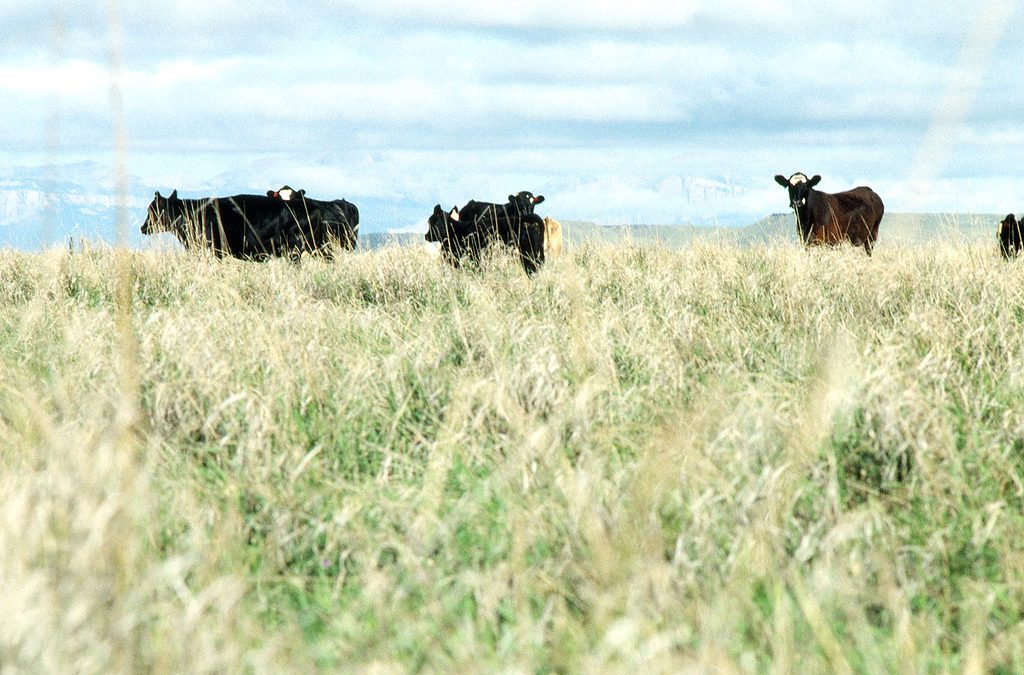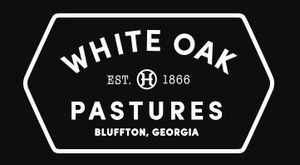
Pasture-Raised Beef is a Climate Change Solution
“Will Harris is many things to many people. To chefs and foodies, he is a legendary farmer producing some of the world’s best pasture-raised meats infused with the terroir of South Georgia. To athletes, body-hackers, and health-conscious consumers, he is the owner of White Oak Pastures, which ships humanely-raised, non-GMO, grassfed proteins to their doorsteps. To the communities surrounding Bluffton, Georgia, he is one of the last good ole’ boys and the largest private employer in the county. To his colleagues in agriculture, he’s a renegade and an inspiration. But Will Harris’ legacy might turn out to be something else entirely. He may be remembered as the cattleman who figured out how to enlist cows in future generations’ struggle to reverse climate change.

Industrial-Sized Cow Farts
Almost everyone these days has been educated that carbon emissions from industrialized beef production are a startlingly large contributor to man-made climate change. The Food and Agriculture Organization of the United Nations (FAO) estimates that livestock is already responsible for at least 14.5% of greenhouse gases being released worldwide.[1] FAO also estimates that global beef consumption will exponentially grow until it reaches 105 million metric tons before 2050.[2] Statistics on how bad beef consumption is for the environment are so ubiquitous that it is almost unthinkable for many climate scientists to advocate for anything but a vegetarian diet. Luckily for meat-eaters, scientists at Quantis, one of the world’s most respected environmental research and design firms, were not convinced that was the full story.”
Read the rest of the article here!

Recent Comments